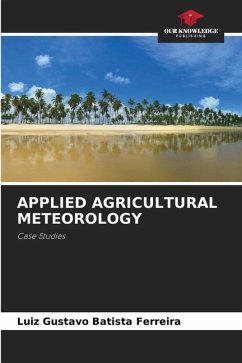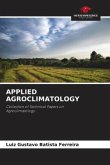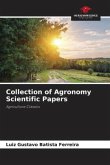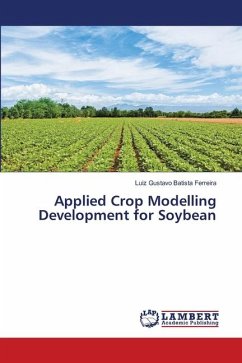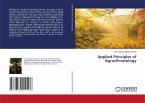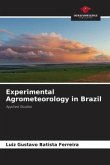To maximize productivity and reduce risks, the applicability of agrometeorological studies has been studied on a planetary scale, where the zoning of agroclimatic risk is opening the field to improve management, decision making, agricultural planning and to support agricultural policies. Knowing the characteristics and peculiarities of each climate and soil, will assist in the choice of culture and decision-making, in the search for higher yields and lower losses. Among the agrometeorological information used in agricultural planning, agroclimatic zoning is the best known. Studies that identify the climate risk for agriculture are essential, since events such as frost, snow, extreme heat, drought, excessive rain, wind and hail can bring great losses to the phenological development of various crops.
Bitte wählen Sie Ihr Anliegen aus.
Rechnungen
Retourenschein anfordern
Bestellstatus
Storno

